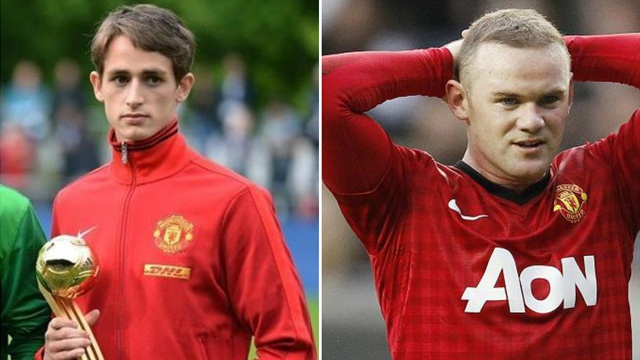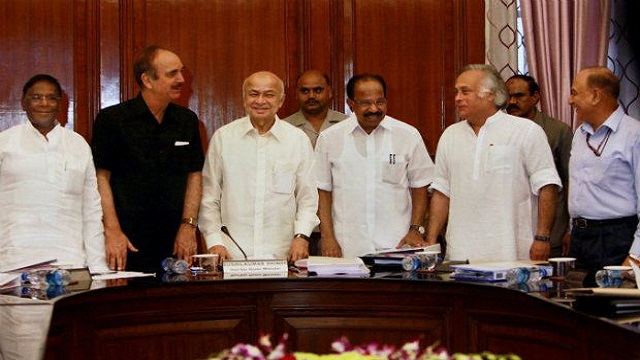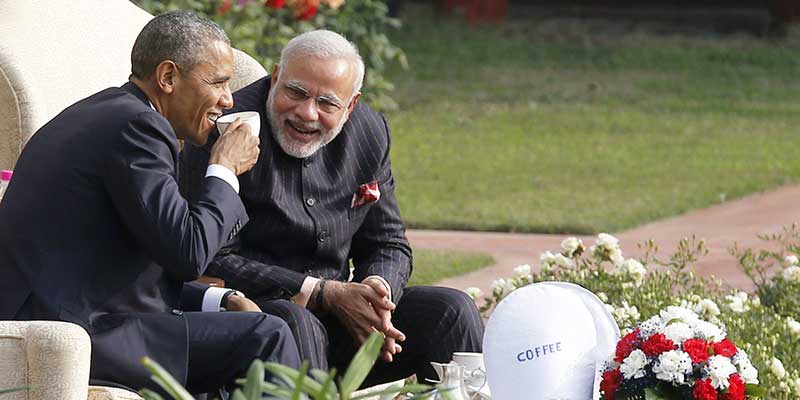Gupta, 39, was appointed on Wednesday as temporary head of the Justice Department’s civil rights division.
Indian-American Vanita Gupta has been nominated by US President Barack Obama to head the civil rights division of department of justice.
Gupta, 39, was appointed on Wednesday as temporary head of the Justice Department’s civil rights division.
She is currently the deputy legal director of the American Civil Liberties Union. As per Attorney General Eric Holder, Gupta will take over the civil rights division next week. In a statement, Holder, who has made civil rights and criminal justice reform a top priority, said that Gupta had “spent her entire career working to ensure that our nation lives up to its promise of equal justice for all.”
Gupta was born in Philadelphia but grew up mostly in England and France. She graduated from Yale and did her law from New York University Law School in 2001.
She is described as a trailblazer in the political circuits who has worked for the movement to end mass incarceration in the US. According to Huffington Post, she has been “active on criminal justice reform issues, has called for the decriminalization of marijuana and is a critic of the controversial practice of civil asset forfeiture.”
The position will put her onto more volatile issues like civil rights investigation into police behavior in Ferguson, Missouri, and voting rights currently raging all over the US for the voting-ID laws.
According to the Washington Post, which broke the news of her appointment, Gupta is “someone who works with everyone”. She is a progressive lawyer who has earned the respect of conservationists who normally should be her enemies in the political arena.
Gupta is known as a unifier and consensus-builder too. The ACLU’s executive director, Anthony Romero, told the Guardian that Gupta was “the kind of leader who comes along once a generation. Largely through her efforts, we’ve seen a realignment that has brought together conservatives and progressives over criminal justice reform.”
Interestingly, Gupta’s grandmother was killed in India in 1992. She was only 17 then. But it seems to have added to her experience which suits the job. The Guardian says, “An accusation commonly leveled at criminal justice reformers is that they are insufficiently empathetic to the victims of crime. That cannot be said of Gupta, because she is herself a victim. In 1992, her paternal grandmother was murdered at home in Sahibabad, India. She wrote in the New York Times of that unsolved killing: “The anguish it caused my family will never fade away.”
When fresh out of college, she took on powerful coalitions in Texas to expose the faulty convictions of 38 black men in the small Texas town of Tulia. The case became a textbook example of civil rights justice.
In 2007, after becoming a staff attorney at the ACLU, Gupta fought to improve the conditions for children and their families in immigration detention. In August 2007, a landmark agreement was reached between ACLU and US Immigration and Customs Enforcement, under which the conditions in the T. Don Hutto detention center improved and a number of children from the center were released.
Gupta is expected to continue the exemplary work done by her predecessors Molly Moran, Jocelyn Samuels and Tom Perez.





